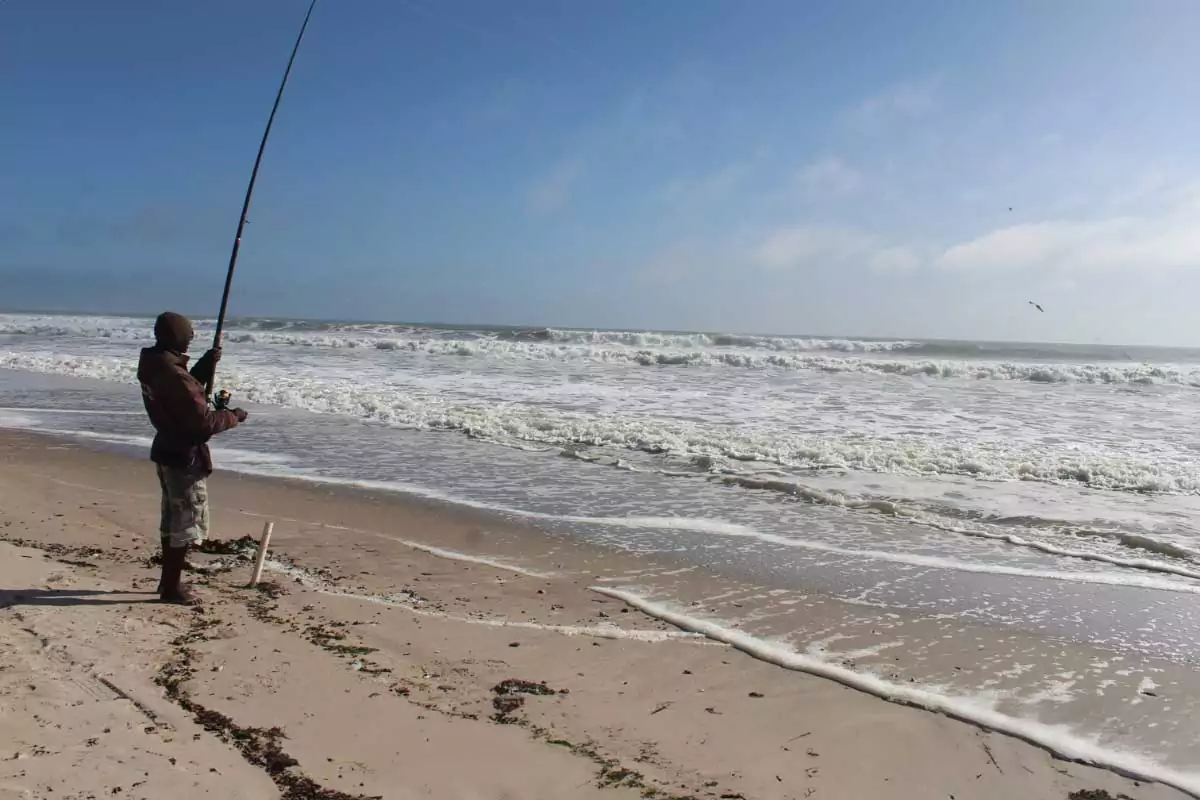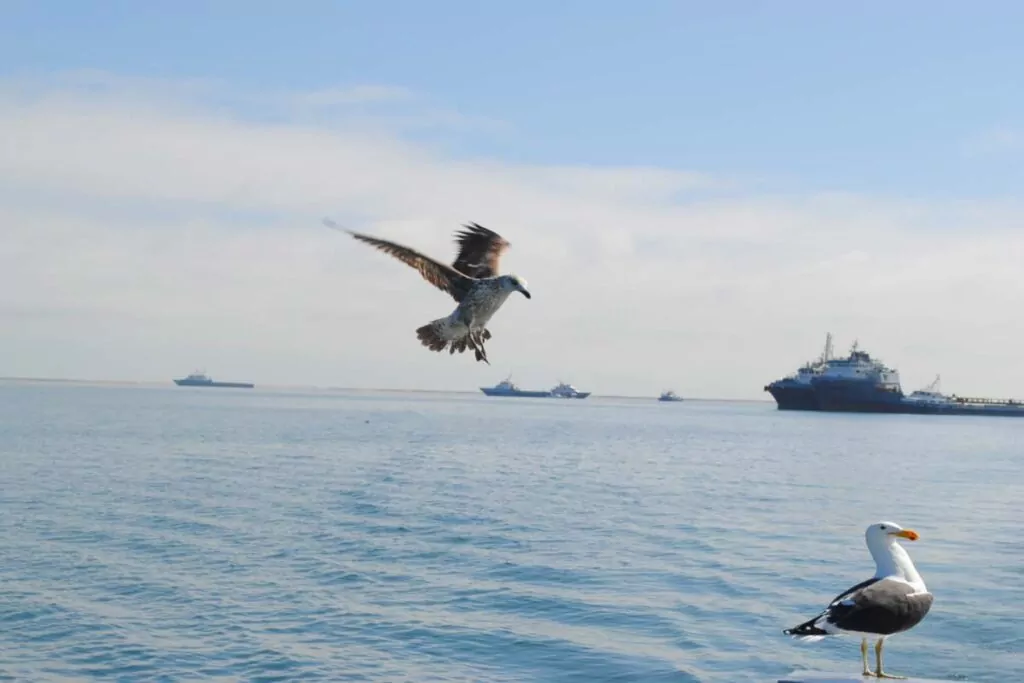The partnership project NAMares combines expertise in marine spatial planning and cultural ecosystem service analysis with local and ecological expertise, building on the previous collaboration of some of the researchers involved. NAMares brings together the Department of Human Dimensions of Coastal Areas at Hereon (Germany) and UNAM’s Sam Nujoma Campus (Namibia) aiming to improve understanding of coastal and marine ecosystem services in Namibia, in other words the benefits people draw from the coast and ocean. Some of these benefits are intuitively obvious, such as the food and raw materials humans derive from the ocean. Others, such as carbon sequestration, erosion control or the provision of wildlife habitat, only become apparent at second glance. There are also cultural services, including recreational, aesthetic and spiritual values. As a country that has only recently begun to look towards its coasts and sea beyond the commercial fishery, Namibian society is only very gradually becoming aware of the role the ocean plays and why the ocean is important for all Namibians.
The important role of marine ecosystem services
To monitor and measure marine ecosystem services, a good information base is needed about their delivery. But importantly, information is also needed on how exactly they contribute to human well-being. Why should we even worry about marine ecosystem services? One reason may be that they are making a contribution to the national economy, such as commercial fisheries. But it may also be that their role is much more local, making an essential contribution to someone’s livelihood. Their contribution may also be entirely non-monetary, such as the enjoyment one gets from observing wildlife or educating people as part of coastal tourism.
NAMares project team, consisting largely of emerging researchers from UNAM and Hereon, has made a conscious decision to focus on three examples of marine and coastal ecosystem services, namely artisanal fishery, shell collecting and coastal tourism. “We want to focus on the informal sector as this can get overlooked in formal management processes”, says Dietlinde Nakwaya, who co-leads the NAMares team in Henties Bay. In order to improve the information base for artisanal fisheries, the team will interview local fishers to understand what benefits are actually accrued to whom and where the fishers see the main difficulties for the future. This could be environmental change, the expansion of other maritime sectors, but also social or economic change. Shell collection is an important cultural service, in particular for women, who use this practice as a social and leisure activity but also for income generation as the shells are processed into fine beads that are used to make traditional jewellery. The team will interview shell collectors to understand how this activity is contributing to livelihoods, including where the women are perceiving the greatest change, such as the type and number of shells they are collecting, access to shells, and how this affects their ability to make a living. Last, but not least, coastal tourism is an important economic activity and cultural ecosystem service in Namibia, with the sector also providing important non-monetary benefits. Little has so far been documented about this type of tourism, in particular small-scale users and the social benefits of this sector, which makes it difficult to understand vulnerability and resilience needs of operators. Engaging the people directly through surveys and interviews is therefore an important part of the project that will also contribute to an assessment of risks to the three informal sectors.
NAMares will use the information gathered to establish a clearer sense of why the selected ecosystem services are important. Workshops will be held with members of the Marine Spatial Planning National Working Group to present results and discuss what could be done to minimize the risks that have been identified. To support the growing interest in the ocean, NAMares is also planning to produce fact sheets about marine ecosystem services for policy-makers and the general public.


